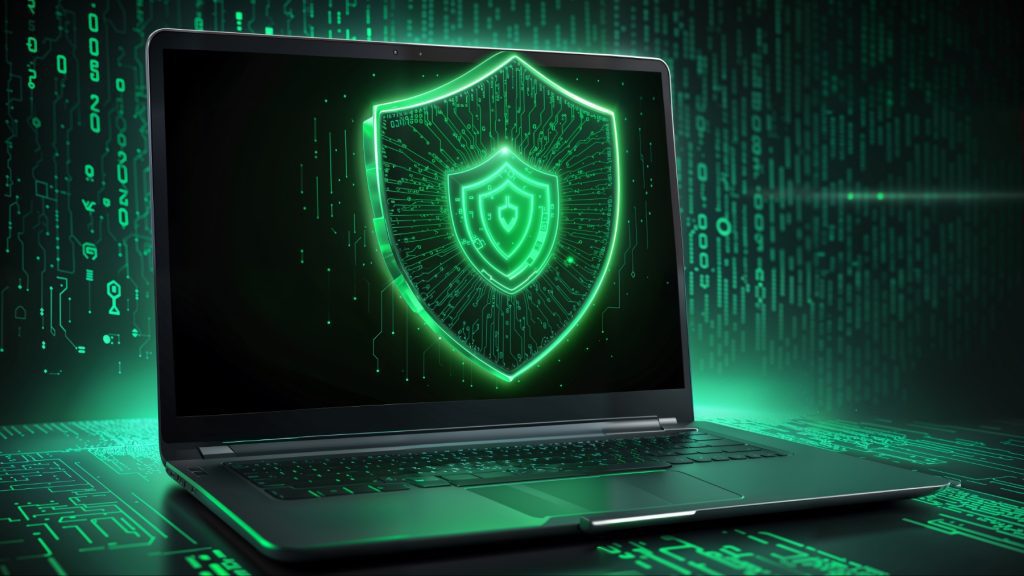
Growing online policy and security concerns are pushing American users to seek internet security and VPN solutions for better personal data protection against cyber threats, according to a CNET survey.
The report found that 43% of US citizens use Virtual Private Networks (VPNs), with numbers expected to rise as awareness of cyber risks grows with it. People are becoming more conscious of security breaches, with the majority turning to private and secure VPN for data protection.
Security and VPN Adoption
A VPN encrypts online traffic and hides IP addresses, preventing websites and apps can’t tracking activity – useful when using public Wi-Fi in airports or coffee shops. Even though VPNs protect identity and location, even the most secure and private VPN cannot block all data tracking, such as cookies or payment data.
CNET’s survey also revealed that the second main reason for using a fast and secure VPN service is to bypass geo-restrictions with many users relying on VPNs to access TV shows, movies, or sports events.
The specific use of VPN was seen when TikTok briefly went offline in January, prompting users to circumvent restrictions with VPNs. However, some websites and apps use VPN detection tools, preventing access to blocked content despite VPN usage.
Internet Security and VPN
While VPNs were traditionally used on computers and laptops, mobile phones are entering the market with a different format. According to CNET, 51% of US adults use a VPN on their smartphone, which in its own says quite a lot about the growing transmission of sensitive data via mobile platforms.
“We forget that we transact and conduct so many sensitive discussions and transactions on our phones,” said Neal O’Farrell, cybersecurity expert, adding, “Threats are everywhere, and if you’re using your phone as a daily tool, you need to be protecting that.”
O’Farrell agrees on the importance of protecting smartphones through internet security and VPN, which most users utilize for confidential transactions and private communications.
For VPN and internet security selection, CNET’s tech writer, Attila Tomaschek recommends opting for strong encryption, specifically AES 256-bit, a no-logging policy, and high speed. Experts often suggest ExpressVPN, NordVPN, and Proton VPN as fast and secure VPN service options.
As people worry more about their online privacy, more Americans are turning to VPNs for protection. If you want to secure your data, access censored content, or cut the cost of streaming services, a VPN is a valuable tool for safeguarding your online presence.
Inside Telecom provides you with an extensive list of content covering all aspects of the tech industry. Keep an eye on our Cybersecuritysections to stay informed and up-to-date with our daily articles.